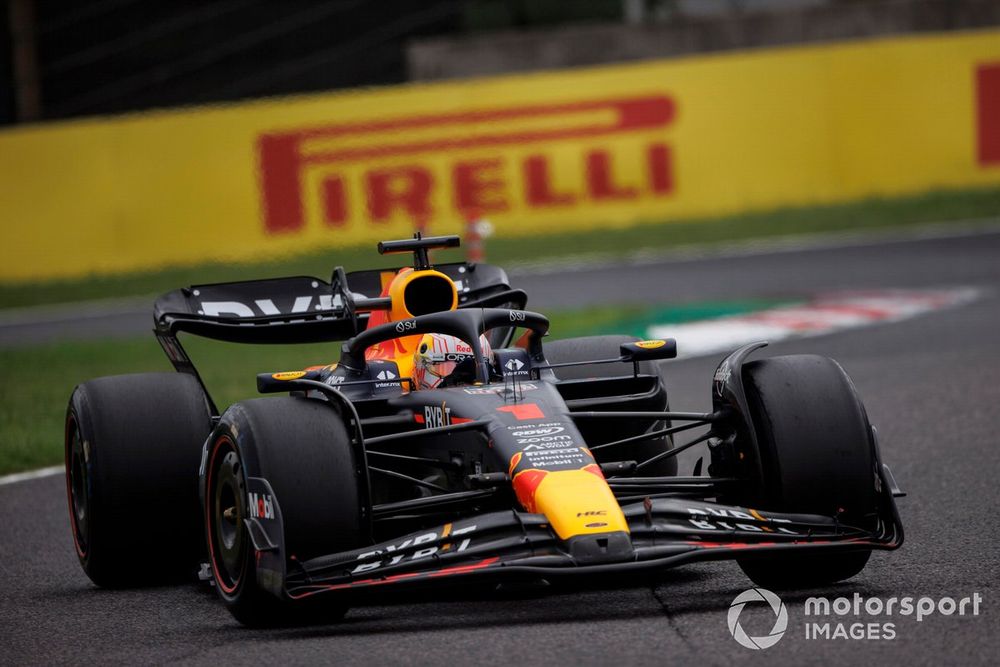With the Italian company electing to stick with its current tyre specification for next year, teams are already well-versed on their behaviour.
So, with little more to understand about the different tyres, Pirelli has already committed to its compound choices for the opening three grands prix of next season.
Having decided against having a sixth C0 compound – the hardest in its selection in 2023 – Pirelli will take the C1, C2 and C3 to the season-opening Bahrain Grand Prix, and will move a step softer for the second race in Saudi Arabia, which will feature the C2, C3 and C4. These are identical selections to this year.
The bigger change will take place for the third round of the championship in Australia, which will now run with the softer C3, C4 and C5 compounds.
As well as the move hopefully reducing the tyre warm-up problems that impacted the late stages of the race this year, Pirelli hopes the shift will open up more strategic options as well.
Pirelli’s decision to stick with the same tyres next year came after a mid-season modification in 2023 when a new construction arrived for the British Grand Prix.
The company did evaluate compound tweaks in the closing stages of the year, but tests on these did not deliver the steps forward hoped for.
Photo by: Andy Hone / Motorsport Images
Max Verstappen, Red Bull Racing RB19
A different C2 was tried at the Japanese Grand Prix, while a revised C4 appeared in Mexico, but neither was deemed worth pursuing.
Although Pirelli has often had to ramp up the construction of its tyres to cope with ever-increasing downforce levels, Pirelli’s head of car racing and F1 Mario Isola has no doubts the current specification can cope with whatever is thrown at them in 2024.
“If I look at the simulations we received in June, with the current construction we can cope with this level of load,” he said.
“But this year, for example, they have been able to achieve a higher level of performance or downforce compared to simulations earlier in the year.”
“We are going to receive new simulations at the beginning of December, and obviously, we will analyse them because they are probably more accurate compared to what we had in June.”
The only recent time that tyres remained unchanged from one season to the next was in the Covid-impacted 2020 and 2021 seasons when no tyre testing was possible.
Click Here to Read the Full Original Article at Motorsport.com – Formula 1 – Stories…

